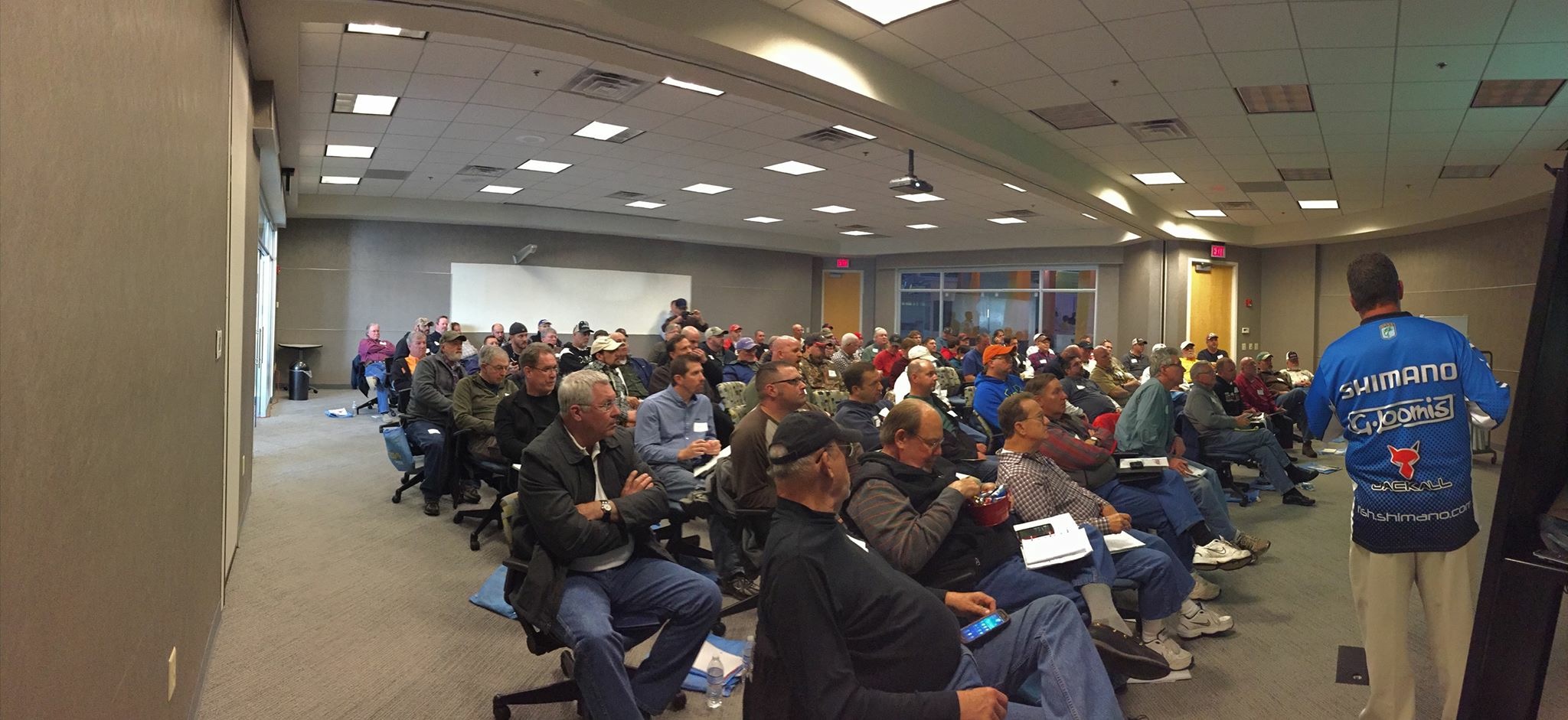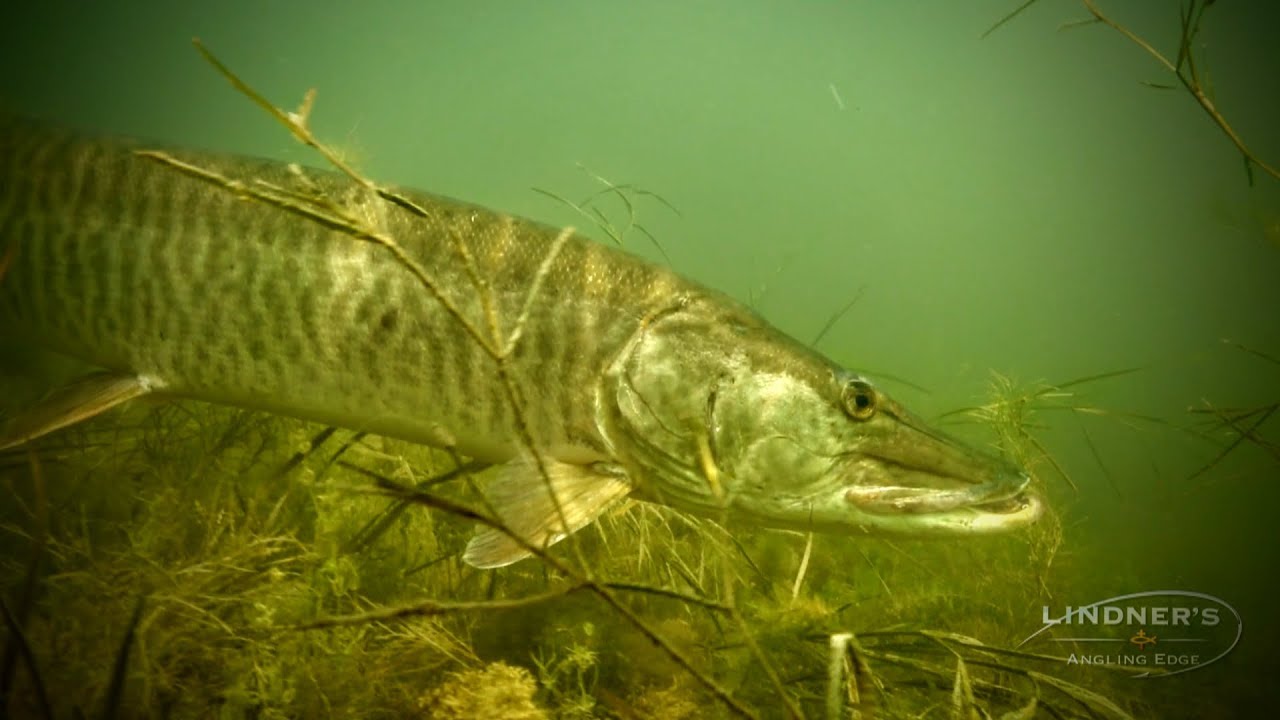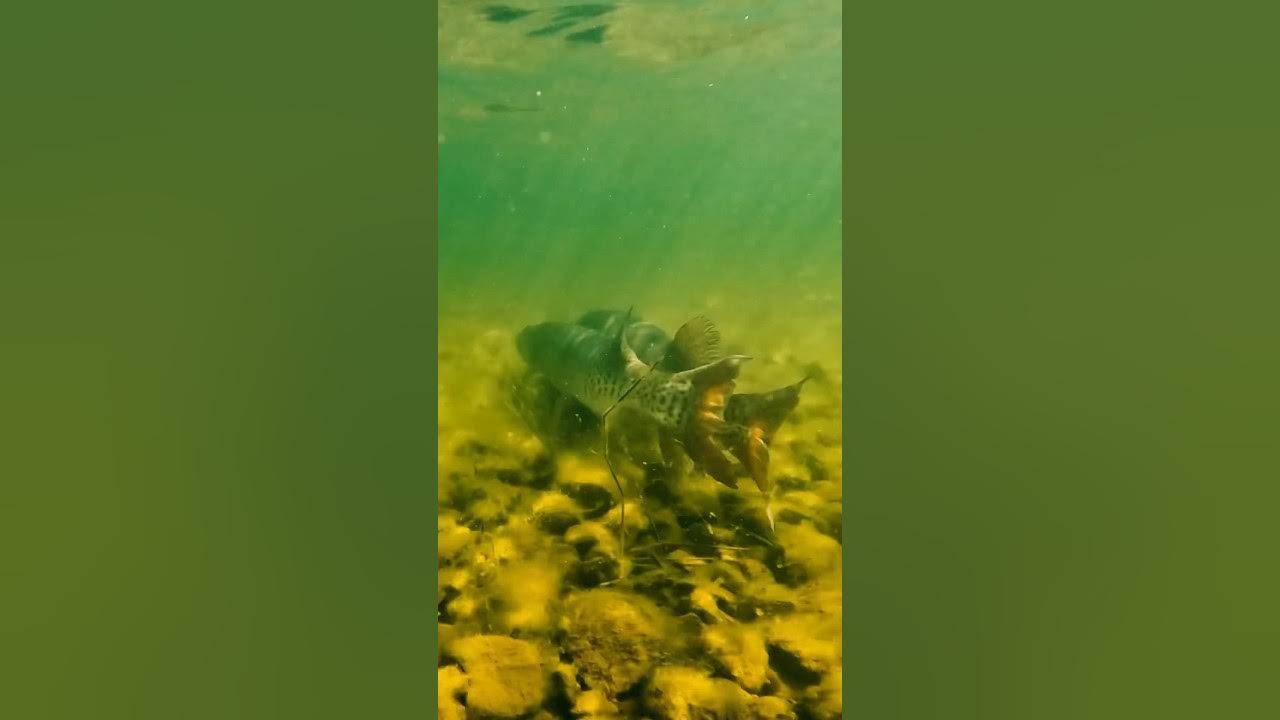CATCHING PERCH
Next to Walleye, I would say Yellow Perch, also known as Lake Perch, are the most popular fish for the dinner table. So, usually you see boats near windblown shoreline, sitting over weeds or rocks close to weed beds, because these areas attract baitfish and baitfish attract Perch. I will tell you, so far this year finding schools of perch has been tuff. Spots that have produced a good number of fish in the past have changed. Why? Mostly because the invasive species of vegetation (EURASIAN MILFOIL) has taken over many Wisconsin lakes and changing the habitat for fish by choking out natural vegetation. Can we still catch perch? We can, but it’s just a little harder to find them. I want to add, when it comes to fishing, this site is mainly for novice, weekend angles or folks that come north for a week or two on vacation but will get into more fishing techniques in weeks to come.
When fishing for Perch, here’s some information that could help you catch more fish.
1) Perch are schooling fish and there could be 50 to 150 together, so if you catch one, there will be more in that area.
2) Schools keep moving, so moving just maybe 30 feet at a time in that area can help, so if you stop getting bites, you could wait to see if the school returns (I KNOW PEOPLE THAT DO THIS) or you could pull up anchor and drift the area, and/or just move 30 feet down the shoreline to find the school again. (TRUST ME, ANGLERS THAT ARE MOVING WILL CATCH MORE FISH)
3) Perch can be at different depths but are normally close to the bottom.
4) You might catch a few larger Perch in with smaller ones, because big Perch eat little Perch, but if you are only getting smaller fish, try moving out to the deeper part of those weeds or fish the weed edges.
So, find green weeds in 5 to 10 feet of water and cast out on all sides of the boat, troll or drift that location to see if there are Perch in that area. With Perch being experts at stealing bait, some people will say, you need to use ultralight rods and a smaller (4lb) test line. Here’s the thing. If you have this type of equipment great, but I don’t think it’s necessary. You can jig or fish with a small bobber or a stick (BALSA WOOD) bobber with whatever rod & reel you have and still catch plenty of fish for dinner.
Now for catching Perch. Some anglers will use a plan hook, ice fishing jigs, small spoons or spinnerbaits, but I have always said, and continue to say, NOTHING catches more fish then live bait. Will the lures I mentioned above catch fish? Sure, they will, but a small hook (#6 OR #8) with a minnow (PERCH LOVE MINNOWS), small piece of worm or a wiggler (MAYFLY LARVAE) early in the season can catch fish too. Tell you what, let your live bait rig float down into the vegetation and tight line it until you feel that awesome tug, or if you’re jigging, once you are into the green weeds, move your rod tip up slowly (maybe 12 inches) and let it flutter back down, then let your offering sit for a minute and keep repeating this technique.
If you do not have electronics and do not know the depth you are fishing, let your bait down into the vegetation until there is slack line on top of the water, reel in that slack and reel up one foot or if you know the depth, or if using a bobber, set a bobber to keep your bait just above the bottom and I guarantee you will out fish people using lures. Once you find a school of perch, fishing can be fast and furious, so enjoy the excitement and put the keepers in the livewell for dinner before the school moves. Here is a little information on sizes of perch if you’re interested. Perch that are 5 to 8 inches are around 3 years old, 7 to 10 inchers are 5 years old and 10-to-11-inch perch is 7 to 8 years old. The Wisconsin state record perch is 3lb 4oz. caught in 1954 on Lake Winnebago. Hope this week’s topic helps you catch more perch, but I would love that that state record was broke in the Northwoods.





Great article, covered the abc’s of perch fishing!
Thank you, Mike, I appreciate your comment and just trying to cover the basics for beginners, hopping they will catch more fish.